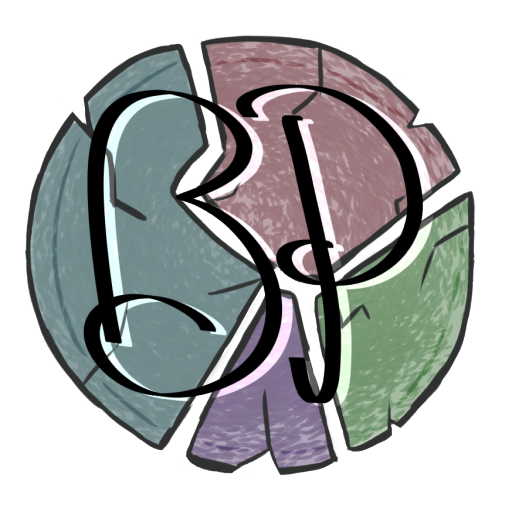Emily Helmer is an Assistant Nonfiction Editor of The Broken Plate 2021. She is a senior English major with a Creative Writing concentration at Ball State University. In this post, Emily provides commentary on Judith Grissmer’s poem “A Simple Exchange,” which was previously published in our 2018 issue of The Broken Plate.
A Simple Exchange
Sometimes it is necessary to reteach a thing its loveliness…
and retell it in words and in touch it is lovely, until it flowers
again from within, of self-blessing…
-Galway Kinnell, “Saint Francis and the Sow”
The eighteen-year-old cat was kicked to death
at my sister-in-law’s house that day,
by a nine-year-old boy who came to play
venting the pain of his difficult life on a cat
named for the sun. I could not shake
the story—could not shake my sorrow.
But the next morning, when I was meditating,
and felt the full presence of the soft tabby
who entered my arms, I knew this
was beyond story—and I was not afraid.
There was no consideration of time.
I simply held him.
He wasn’t asking for much,
just to enter into my sorrow.
And do you know,
I felt him begin to settle, saw him
start to remember the good
that had been his life—the love
of a sweet grandmother, the voices
of the small twin boys—
the pleasure of purring in the sun.
He remembered his name, and when
he had that to take with him
he was gone—and he had taken
my sorrow.
Judith Grissmer’s poem “A Simple Exchange” was featured in the 2018 issue of The Broken Plate. “A Simple Exchange” is written about the death of a long-loved cat and how Grissmer dealt with her grief. By starting out with a quote from Galway Kinnell’s “Saint Francis and the Sow”, Grissmer immediately established a sort of healing aura that would be delved into and explained throughout the poem.
The mention of the cat being “named for the sun” helped to give the cat a pure, bright persona in the eyes of the reader. To me personally, the cat seemed to embody innocence. After Grissmer explains that the cat was killed by an angry child, she described feeling the cat in her arms while she meditated the next day. She feels the cat process its life, both the painful ending and all of the amazing moments leading up to it.
The Broken Plate’s mission statement says that we seek “to celebrate and shed light on… fragmented pieces” which I think can be seen with its publishing of “A Simple Exchange”. The poem is an example of a grieving person coming to terms with the loss of an innocent loved one. In the end, Grissmer’s coping came through a celebration of the happy life that the cat had, and the happy memories that she shared with it. While Grissmer was still sad from her loss, she accepted what could not change and found peace.

